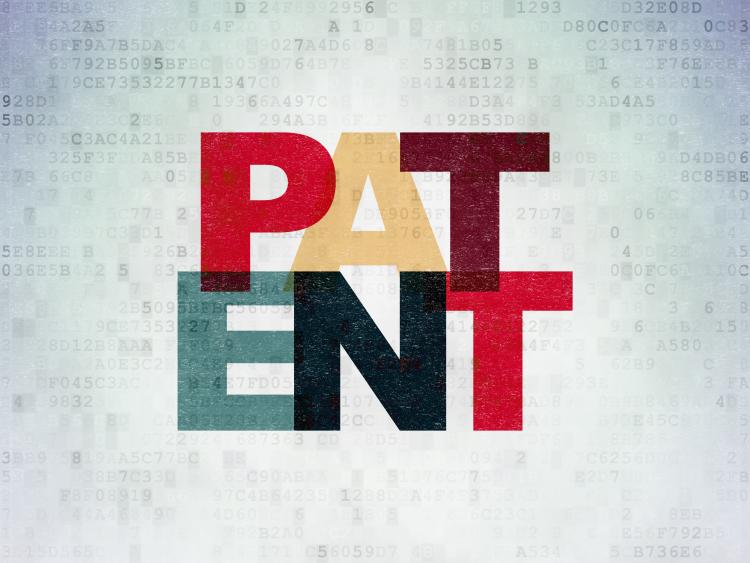
On April 11, 2024, the Federal Court of Appeal (the Court) released its decision in Steelhead LNG (ASLNG) Ltd. v Arc Resources Ltd., 2024 FCA 67, finding that exploiting the goal, purpose or advantage of a patented invention for commercial benefit does not constitute an infringing “use” under section 42 of the Patent Act.
Stealhead LNG (ASLNG) Ltd. and Steelhead LNG Limited Partnership (collectively, the Appellants) own Canadian Patent No. 3,027,085 (the 085 Patent), which claims the invention of a near-shore or at-shore floating liquefied natural gas (FLNG) facility. The Appellants brought an infringement claim alleging that Arc Resources Ltd. et al. (the Respondents) infringed the 085 Patent by disclosing to potential investors and stakeholders drawings, specifications and cost estimates of the Appellants’ patented design for a proposed FLNG facility that, if built, would comprise the essential elements of their claimed invention. The Respondents brought a motion for summary trial to dismiss the patent infringement claim.
The motion judge concluded that the 085 Patent does not claim the conceptual design of the FLNG facility invention. Furthermore, since no FLNG facility such as that claimed in the 085 Patent existed in Canada, the Respondents’ allegedly infringing activities did not constitute “use” of the 085 Patent under section 42 of the Patent Act. On appeal, the issue before the Court was what constitutes “use” of a patented invention for the purposes of proving infringement.
The Appellants argued, among other things, that the motion judge failed to interpret section 42 in a manner consistent with the purposive approach adopted in Monsanto v Schmeiser, 2004 SCC 34. In particular, the Appellants claimed that “use” in that case stands for the proposition that section 42 of the Patent Act grants a patentee the exclusive right to use the “goal, purpose or advantage of an invention for commercial benefit”.
The Court dismissed the appeal and rejected the Appellants’ novel and expansive interpretation of “use”, holding that the Respondents did not infringe the 085 Patent. In particular, the Court concluded that the Appellants’ monopoly granted under the Patent Act extends to the subject matter of the invention defined by the patent claims, not the invention’s goal, purpose or advantage.
Summary By: Anna Troshchynsky
E-TIPS® ISSUE
Disclaimer: This Newsletter is intended to provide readers with general information on legal developments in the areas of e-commerce, information technology and intellectual property. It is not intended to be a complete statement of the law, nor is it intended to provide legal advice. No person should act or rely upon the information contained in this newsletter without seeking legal advice.
E-TIPS is a registered trade-mark of Deeth Williams Wall LLP.